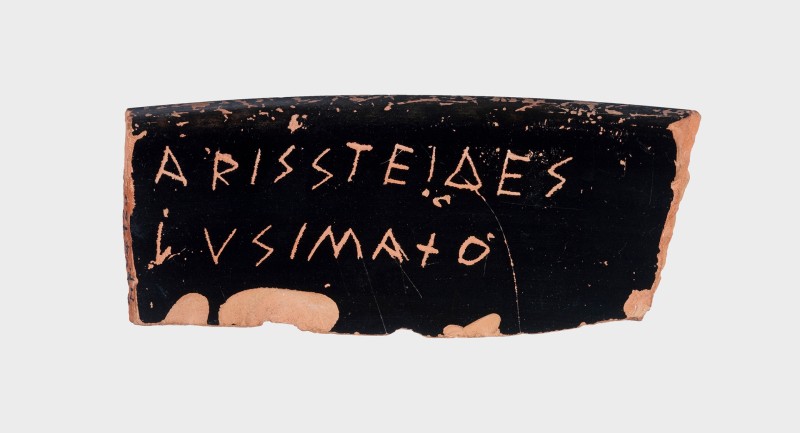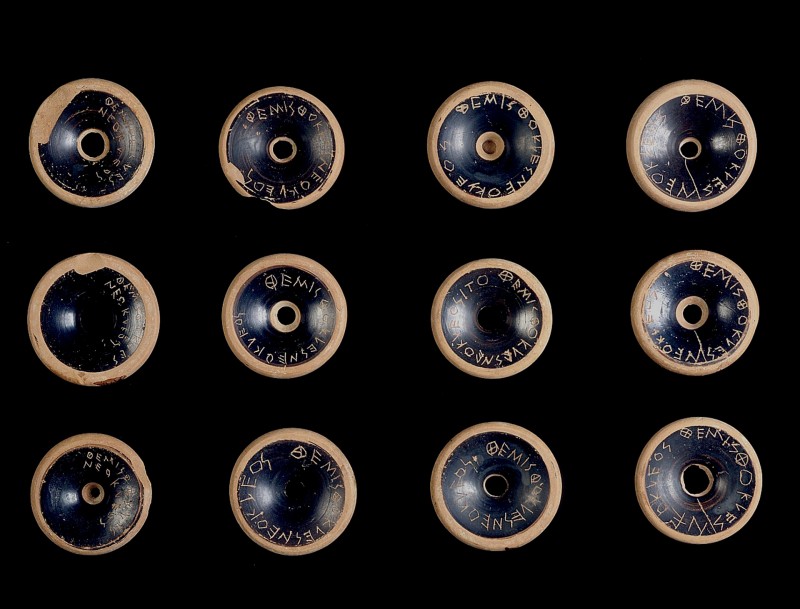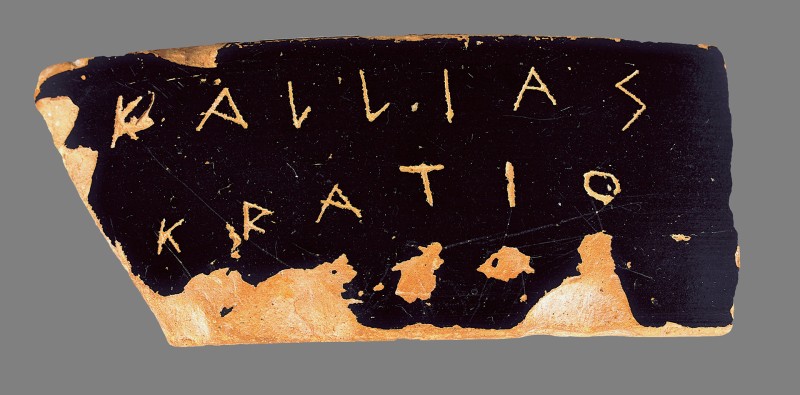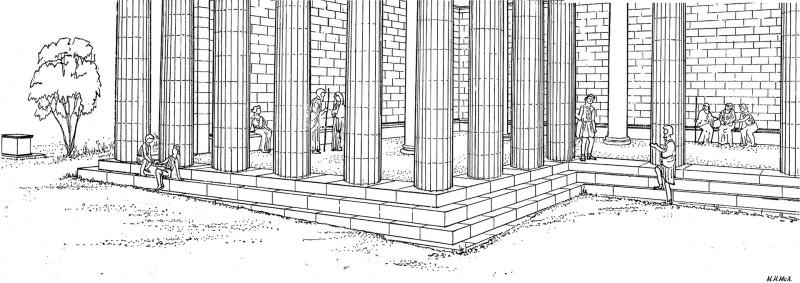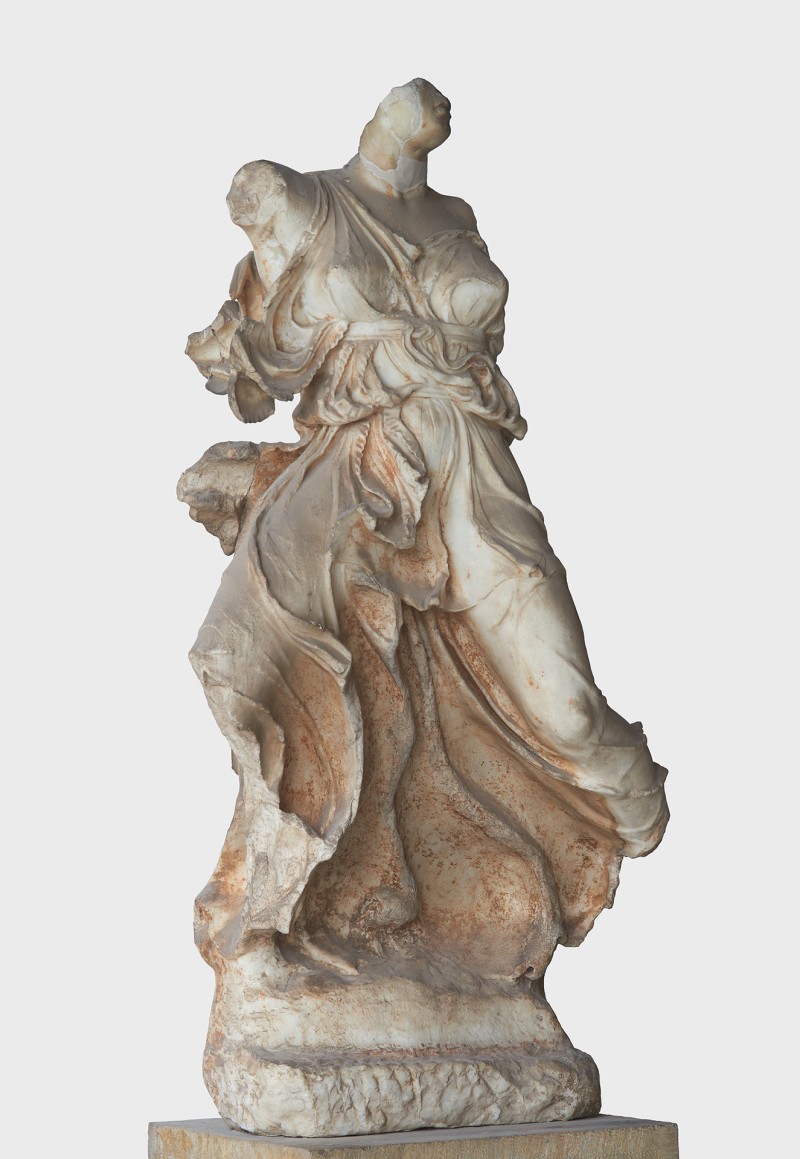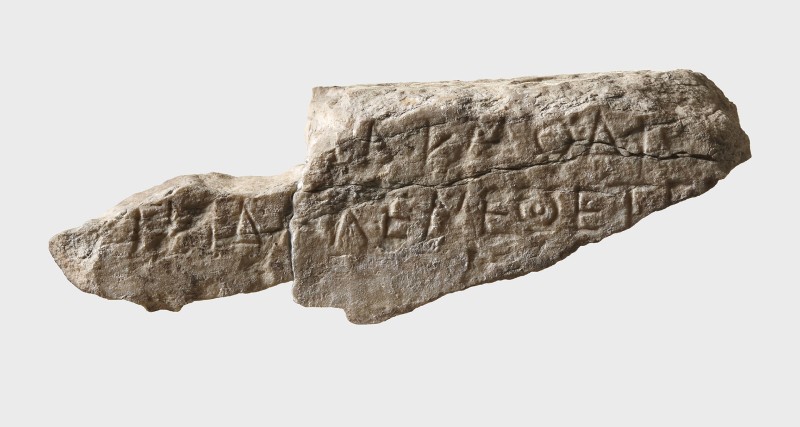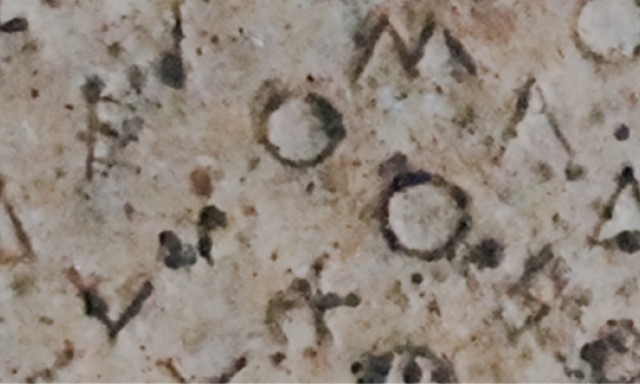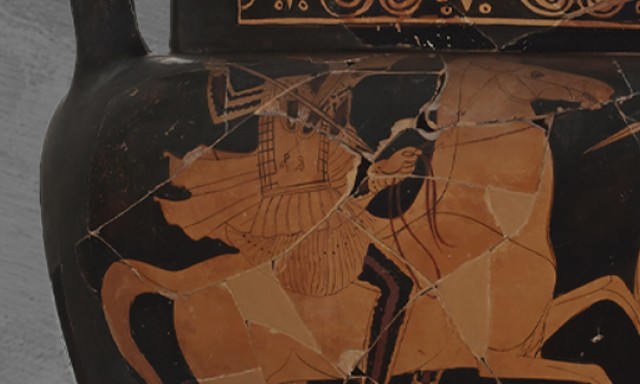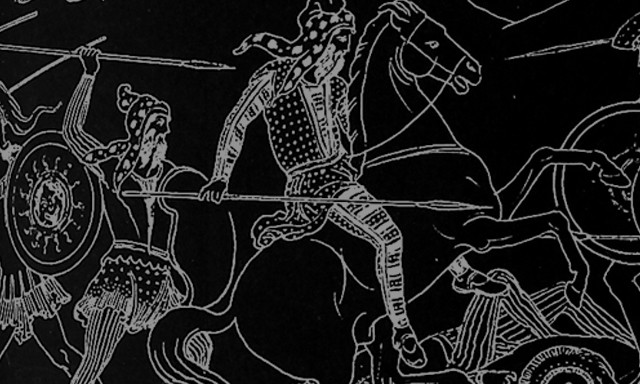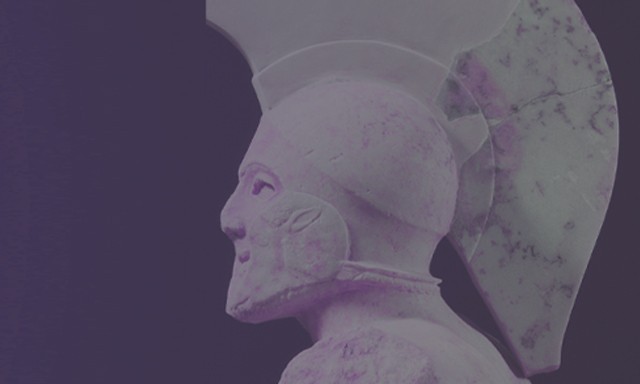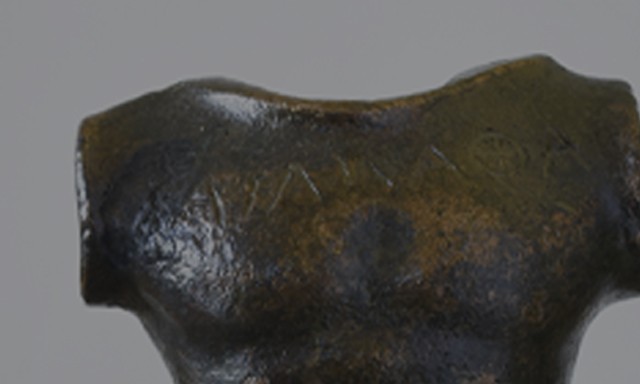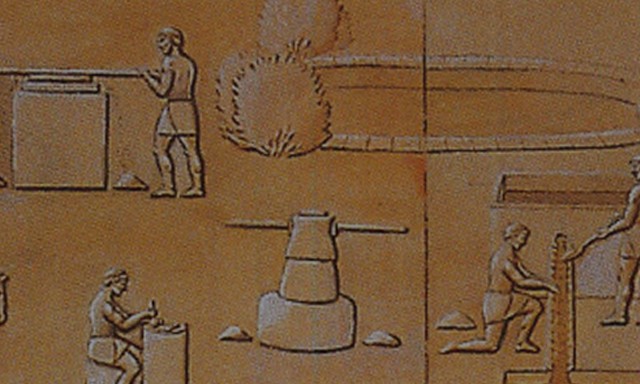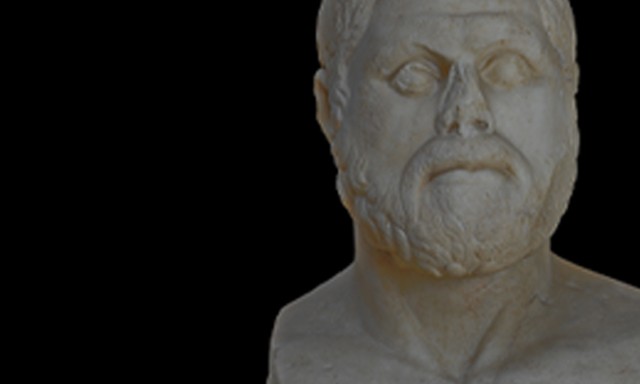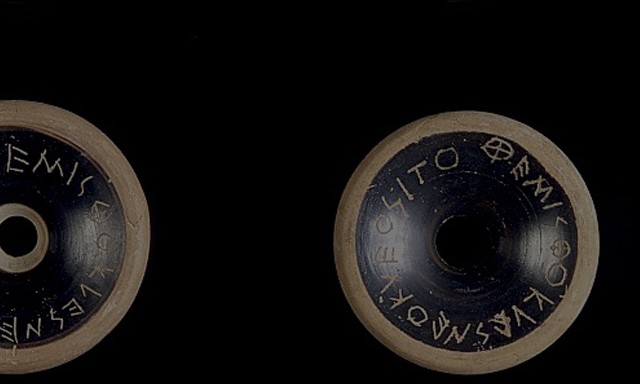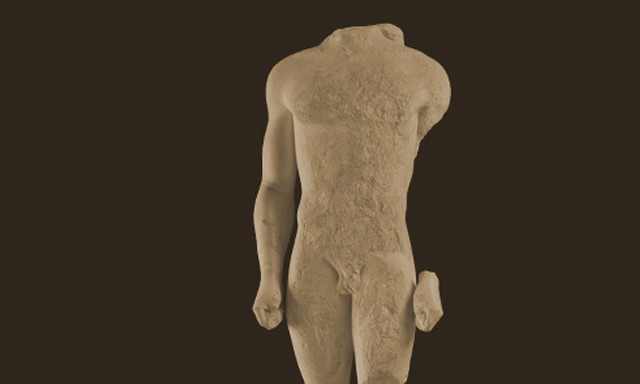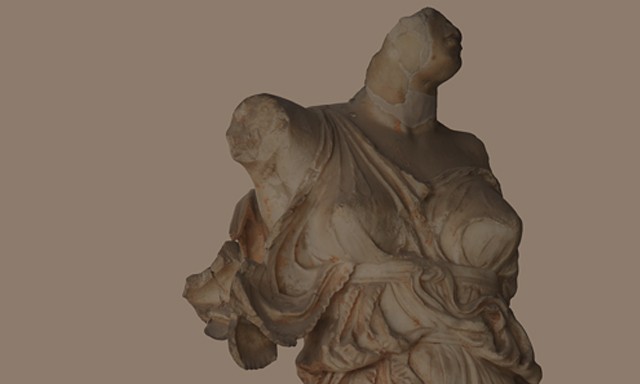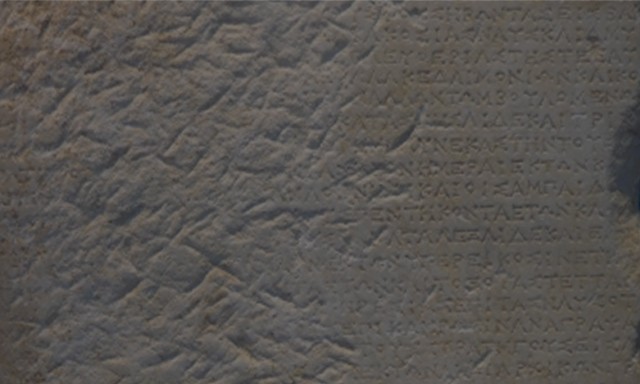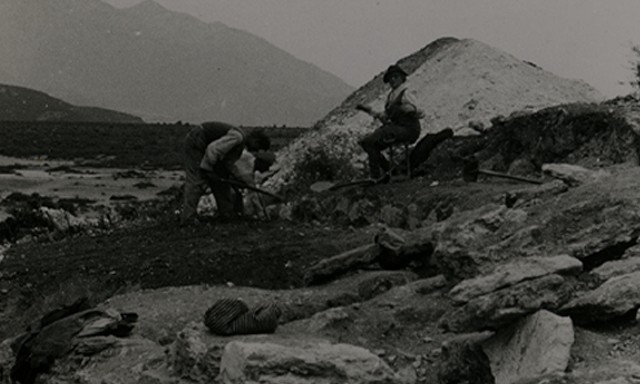CHAPTER CREDITS
The victory of the Athenians at Marathon dispelled the myth that the Persians were invincible and at the same time it was decisive for the future of democracy in Athens.
The Athenians avoided the return of the tyrant Hippias and proved their superiority against a strong, but heterogeneous army, deploying against it free citizens-hoplites.
According to Aristotle, after the battle of Marathon, the Demos (People) of Athens acquired an important political power and the regime became more democratic. New institutions and laws were established, but also some older, pre-existing ones started being applied, such as the ostracism, the supreme political act of protection of Democracy, already provided by the legislation of Cleisthenes, but only applied in reality in 488 BC.
Of equal importance was the fact that the conditions were set for Athens to evolve into a powerful force of the Greek world alongside Sparta.
The building of the war fleet according to the political planning of Themistocles changed even more decisively the balance between them and helped Athens prevail in the Aegean. At the same time it had a strong repercussion on the interior affairs of the city, as it reinforced the political power of the lower, by terms of income, class of the Athenian citizens, the thetae, who manned the ships as rowers.
The victorious outcome of the battles of the Greeks against the Persians marked the supremacy of the values of freedom and democracy against the unfree despotism. Finally, it offered the necessary conditions for the unparalleled development of the intellect and the arts in the classical era.
CREDITS
DISCOVER THE EXHIBITS
Choose one of the objects of the exhibition
EXPLORE THE EXHIBITION
Choose a chapter of the Exhibition
